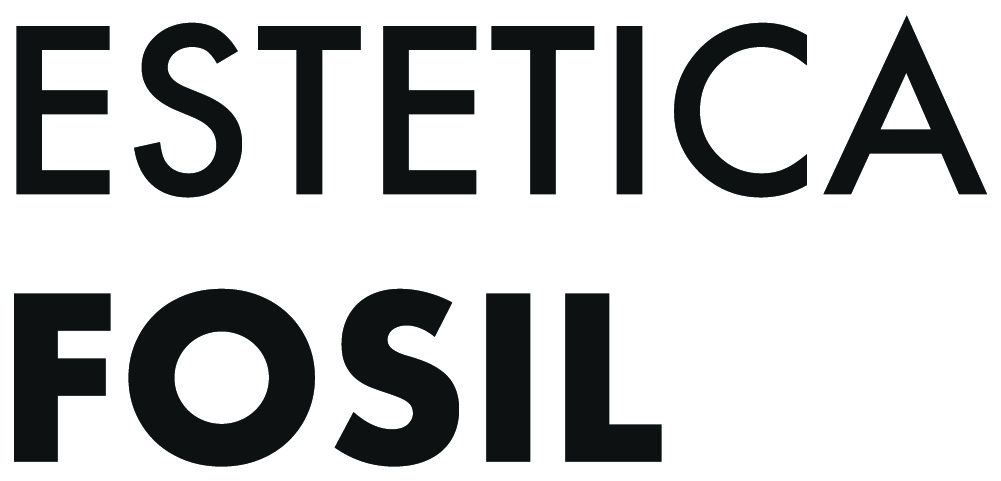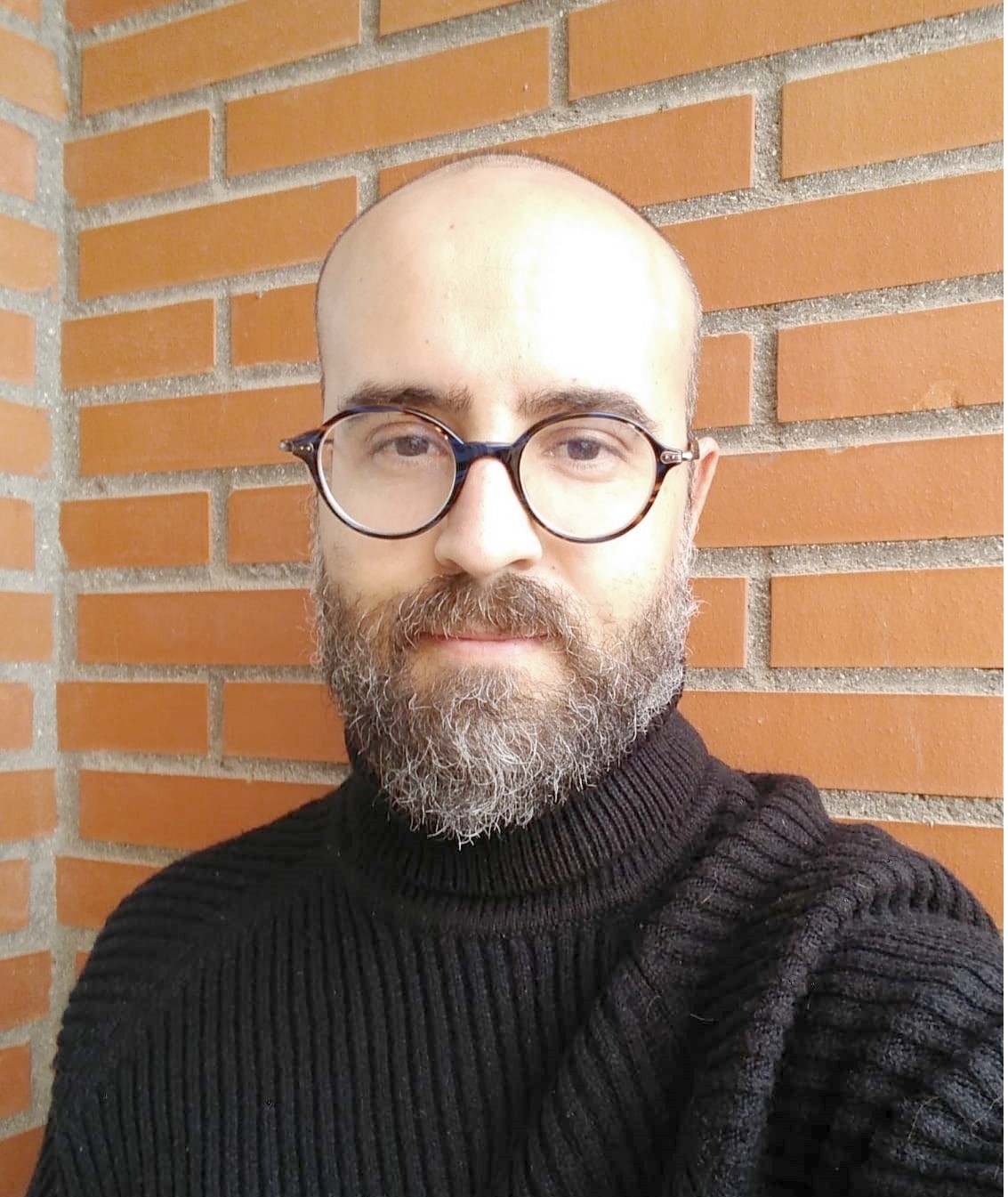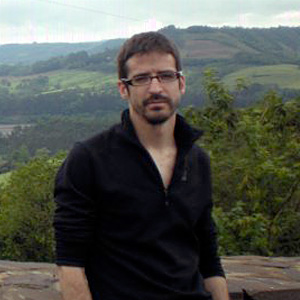Fossil aesthetics: a political ecology of art history, visual culture and the cultural imaginaries of modernity
The research project aims to clarify the relationship between aesthetics (understood as an anthropologically based theory of sensibility) and ecology throughout modernity. The aim is to determine how the socio-environmental metabolism of industrial societies, as well as the imaginary relationship we establish between Nature and Society, is aesthetically configured. Also, the project aim to throw on that historical reality (with both a material and symbolic dimension), a critical look that allows us to rethink aesthetics from the political ecology, taking charge of the challenges that the current ecosocial crisis presents for the whole of humanity (and, in particular, for its most vulnerable sectors).
Although the research will go back to the origins of modernity in the 16th century, the emphasis will be placed on its industrial period. From this perspective, the study promoted by the project will be situated in a transdisciplinary framework of dialogue between art history, aesthetic discourses and cultural criticism with environmental humanities and energy humanities, which have been highlighting the relationship between petromodernity (the stage of the modern era that manifests a strong dependence on the massive use of fossil fuels) and the cultural imaginaries linked to industrial progress.
Image: Alberto Palacio, “Proyecto de Monumento a Cristóbal Colón”, in “La Ilustración Española y Americana”, year XXXV, number. XXXI, Madrid, 22 August 1891, p. 101.
Fossil aesthetics: a political ecology of art history, visual culture and the cultural imaginaries of modernity
Reference: PIE 202010E005
Funding Organization:
Centro Superior de Investigaciones Científicas (CSIC)
Centre of execution: Instituto de Historia del Centro de Ciencias Humanas y Sociales del CSIC
Period of realization: 3 years (from 1-09-2020 to 30-08-2023)
Head of Research: Jaime Vindel
Research team: Alberto Berzosa y Alejandro Pedregal
Phd Student: Álvaro Navarro




